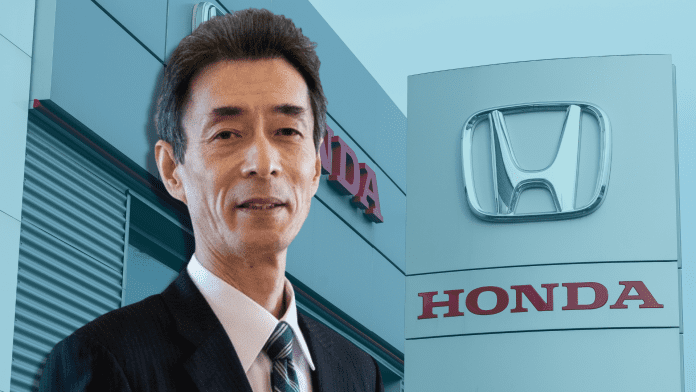As Honda announces its foray into certified pre-owned (CPO) vehicle leasing, it may be that the automotive industry stands at a curious crossroads. This move isn’t just innovative; it’s a telling sign of the times. It could be the announcement of a seismic shift in consumer behavior and market dynamics that dealerships can’t ignore.
The Used Car Leasing Landscape: A New Frontier
As you know, historically, leasing in the United States has been synonymous with new vehicles. It’s been the go-to for consumers wanting to enjoy the latest models without the financial commitment of a purchase. However, the landscape is changing.
With new car prices skyrocketing to average costs of almost $50,000, no one has to tell you that a growing segment of your customers are being priced out. Enter the concept of used car leasing, a relatively untapped market for top-tier dealerships in the U.S. until now.
Honda’s initiative to lease older CPO models is more than a mere policy update. It’s a wise response to a market that craves the flexibility and affordability of leasing but is increasingly wary of the costs associated with brand-new vehicles.
This trend isn’t just about price sensitivity; it can also be promoted as a significant societal shift towards more economically and environmentally sustainable choices. No matter how ecologically positive an expensive EV might be, it can’t compete with a low-mileage CPO because recycling is an even better way to go.
What this Means for Dealerships
For dealerships, Honda’s move is a wake-up call. The traditional focus on pushing the newest models might need reevaluation. The reality is that many consumers are now considering older models as viable, desirable options.
This shift in consumer mentality opens a new avenue for dealerships to cater to a broader audience, especially younger or budget-conscious buyers who previously might have been sidelined.
The rise in used car leasing also signals an opportunity for dealerships to rethink inventory management. It’s about more than just stocking the latest models; it’s also about maintaining a diverse inventory that includes quality older vehicles suitable for leasing.
The Broader Implications
Honda’s announcement is a microcosm of broader industry trends. As the reliability of vehicles continues to improve, the attractiveness of older models increases. A 10-year-old car today is different from a 10-year-old car from three decades ago regarding technology and reliability. This shift could lead to an economically and environmentally sustainable model for the automotive industry.
A Strategic Consideration for Dealerships
Dealerships must now strategize how to integrate used car leasing into their business models. It’s not just about diversifying inventory but also about educating sales teams, adjusting marketing strategies, and, perhaps most critically, recalibrating the dealership’s approach to customer service and engagement.
Embracing Change for Future Success
The industry is evolving, and so must the dealerships. Embracing the trend of a “used car leasing first” mentality could be crucial in staying relevant and profitable in a local market that increasingly values flexibility, sustainability, and economic practicality.
One thing remains clear as we navigate these changes: the automotive industry is dynamic, and success hinges on adapting to the shifting tides of consumer preferences and market realities.
Honda’s venture into CPO leasing is just one indicator of the innovative paths dealerships might explore to thrive in the future automotive landscape.





